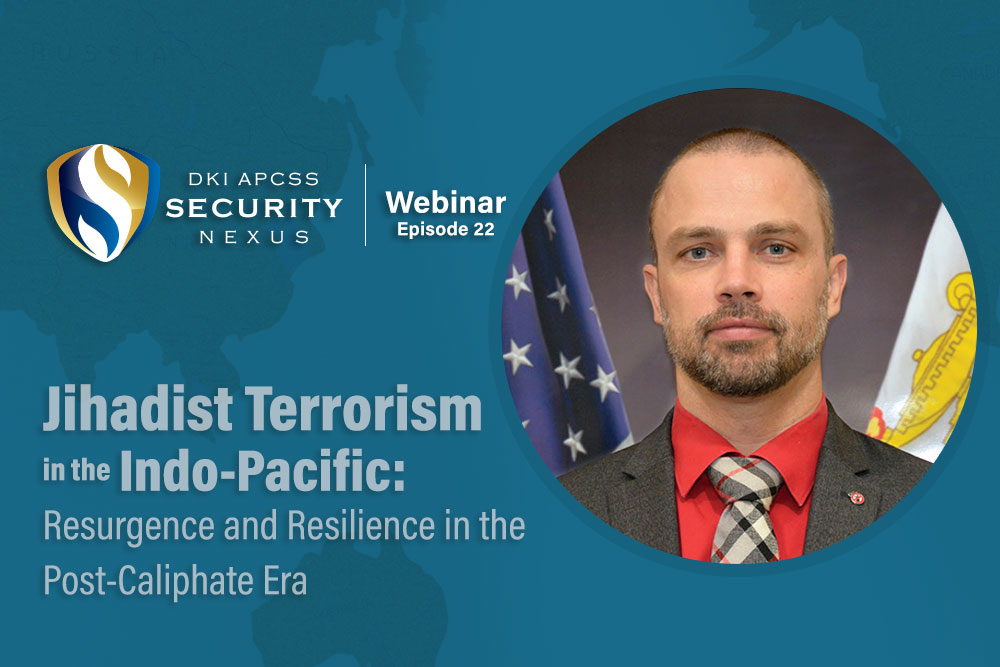Pakistan’s Balancing Act: Navigating Complexities in the Indo-Pacific
Pakistan is pursuing a sophisticated strategy to maneuver through the complex geopolitical terrain of the Indo-Pacific. It strategically balances its relationships with major powers such as China and the United States while fostering regional alliances and addressing neighboring concerns. On June 18th, the Daniel K. Inouye Asia-Pacific Center for Security Studies (DKI APCSS) hosted a pivotal webinar to delve into this significant issue.
Dr. James M. Minnich, Colonel, U.S. Army Retired and professor, conducted an in-depth interview with Dr. Marium Fatima, an Assistant Professor at Pakistan’s National Defense University. The discussion focused on how Pakistan envisions its role and strategic goals in the Indo-Pacific, particularly in relation to its neighbors and major powers.
Its ambition to transform into a regional economic hub is central to Pakistan’s strategy. The China-Pakistan Economic Corridor (CPEC), a multi-billion dollar initiative, is at the forefront of this plan, aiming to significantly boost Pakistan’s connectivity, energy security, and industrial capacity. Despite the optimism, there are concerns regarding debt sustainability and an over-reliance on Chinese investments, sparking internal debates and calls for enhanced transparency.
Concurrently, Pakistan sustains a robust partnership with the United States, though this relationship has seen fluctuations due to differing expectations and competing interests. Regionally, Pakistan is keen on strengthening ties with Iran, prioritizing energy cooperation and trade. This partnership is vital for regional stability and complements Pakistan’s efforts to enhance relationships with other key players like Turkey and the Gulf States.
Another complex aspect is Pakistan’s relationship with India. Despite persistent historical tensions, Pakistan is open to dialogue and seeks peaceful resolutions to enduring disputes, notably the Kashmir issue.
Pakistan’s strategic vision for the Indo-Pacific is ambitious. It aims to capitalize on its geographic positioning, bolster its economic foundation, and forge diverse partnerships to establish itself as a key regional player.









Leave A Comment